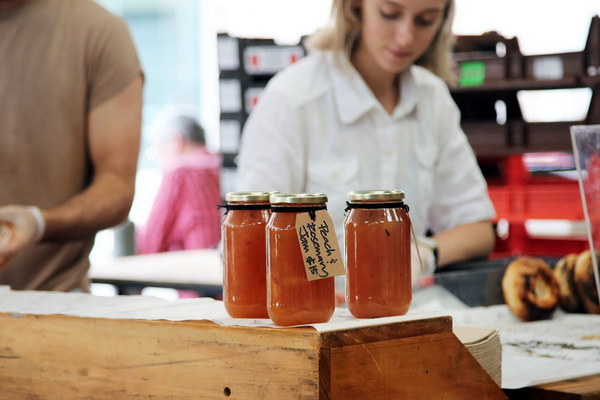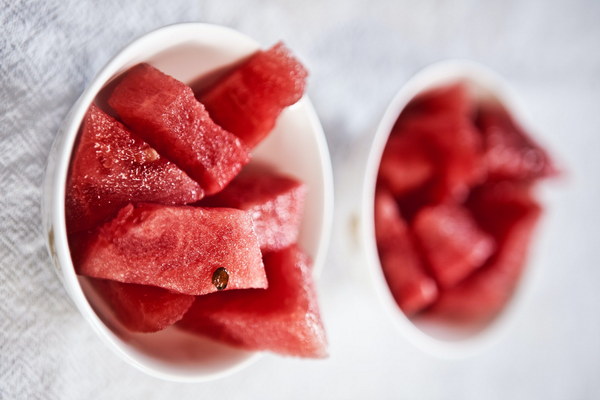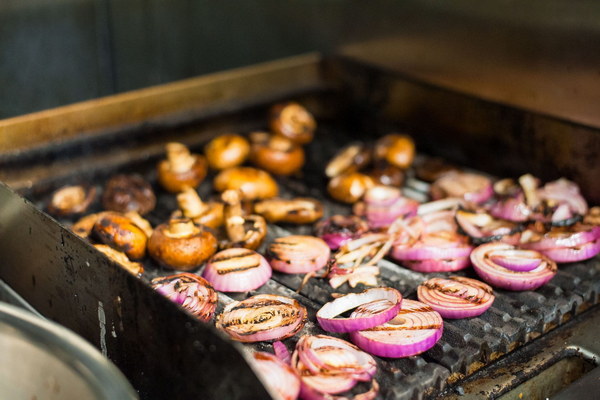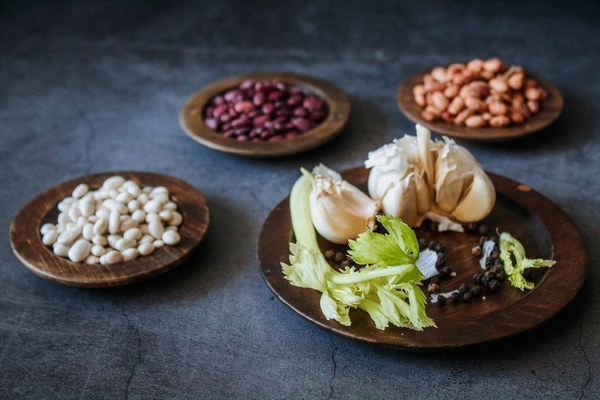Nourishing Your Childs Lungs A Guide to LungNourishing Foods for Kids
Introduction:
The respiratory system plays a crucial role in maintaining our overall health, and it's especially important to keep our children's lungs healthy and strong. One of the best ways to support lung health is through diet, as certain foods can help nourish and strengthen the lungs. In this article, we will explore a variety of lung-nourishing foods that are suitable for children, helping them maintain optimal respiratory health.
1. Fresh Fruits and Vegetables:
A diet rich in fresh fruits and vegetables is essential for lung health. These foods are packed with essential vitamins, minerals, and antioxidants that can help protect and strengthen the lungs.
a. Apples: Apples are a great source of vitamin C, which helps boost the immune system and reduce inflammation. They also contain quercetin, a flavonoid that may help reduce the severity of asthma symptoms.
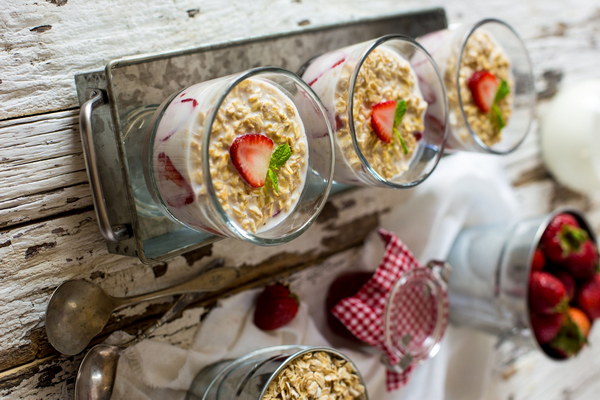
b. Carrots: Carrots are high in beta-carotene, which is converted into vitamin A in the body. Vitamin A is crucial for maintaining healthy lung tissue and protecting against respiratory infections.
c. Spinach: Spinach is loaded with vitamins A, C, and E, as well as antioxidants that can help reduce inflammation and improve lung function.
d. Kiwi: Kiwis are a great source of vitamin C and antioxidants, which can help strengthen the immune system and protect against respiratory infections.
2. Herbs and Spices:
Certain herbs and spices have been shown to have beneficial effects on lung health. Incorporating these into your child's diet can help support respiratory function.
a. Turmeric: Turmeric contains the active ingredient curcumin, which has anti-inflammatory properties and may help reduce symptoms of asthma and COPD.
b. Garlic: Garlic is known for its immune-boosting properties and has been shown to have anti-inflammatory effects that can help improve lung function.
c. Ginger: Ginger has anti-inflammatory properties and can help reduce respiratory symptoms, such as coughing and congestion.
3. Nuts and Seeds:
Nuts and seeds are packed with essential nutrients that can help support lung health.
a. Almonds: Almonds are a great source of vitamin E, which is an antioxidant that can help protect lung tissue from damage.
b. Flaxseeds: Flaxseeds are rich in omega-3 fatty acids, which have anti-inflammatory properties and may help reduce symptoms of asthma.
c. Chia seeds: Chia seeds contain omega-3 fatty acids, fiber, and antioxidants, making them a nutritious choice for lung health.
4. Fermented Foods:
Fermented foods, such as yogurt and kefir, are rich in probiotics, which can help maintain a healthy gut and support immune function.
a. Yogurt: Yogurt contains probiotics that can help keep the gut microbiome balanced, which may contribute to better respiratory health.
b. Kefir: Kefir is another fermented dairy product that contains probiotics and can help support immune function.
5. Lean Proteins:
Incorporating lean proteins into your child's diet can help support lung health.
a. Chicken: Chicken is a good source of lean protein and vitamin B6, which can help reduce inflammation and improve lung function.
b. Tofu: Tofu is a great plant-based protein source and contains isoflavones, which may help reduce symptoms of asthma.
Conclusion:
Nourishing your child's lungs through diet is a simple yet effective way to support respiratory health. By incorporating lung-nourishing foods such as fresh fruits and vegetables, herbs and spices, nuts and seeds, fermented foods, and lean proteins into your child's diet, you can help keep their lungs strong and healthy. Remember, a balanced diet is key to overall well-being, so encourage your child to enjoy a variety of nutrient-rich foods to promote optimal lung function.
